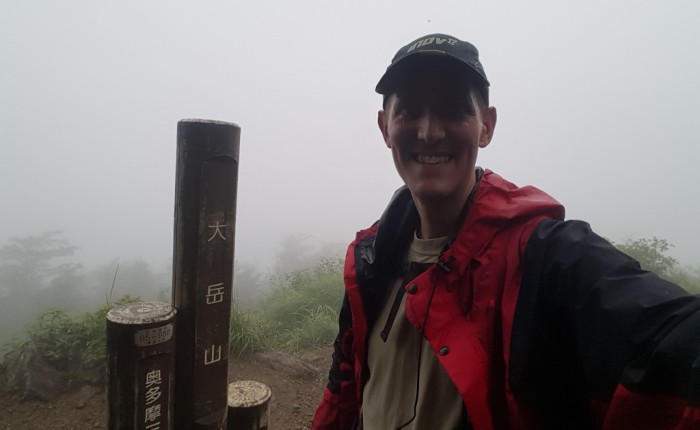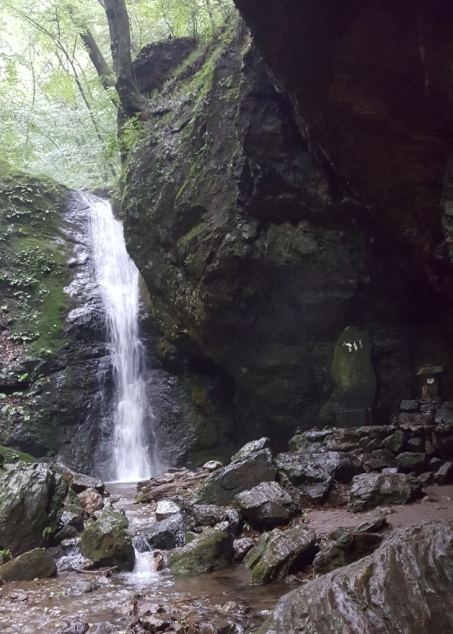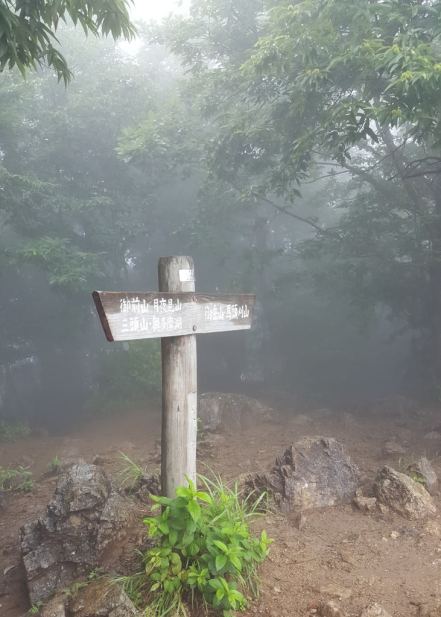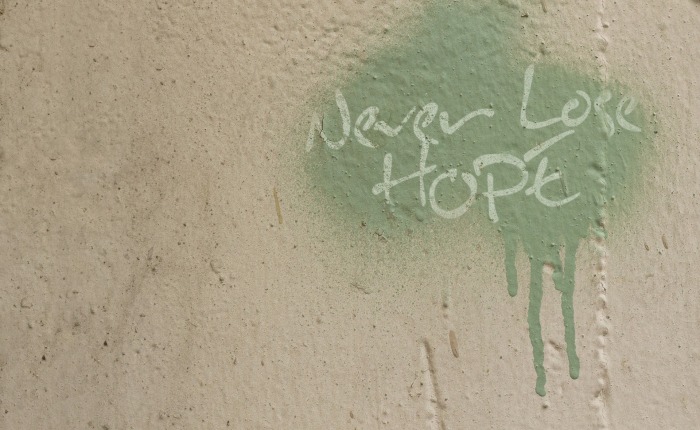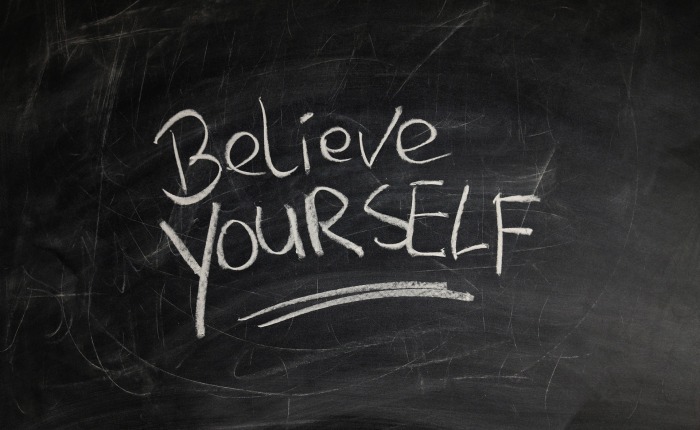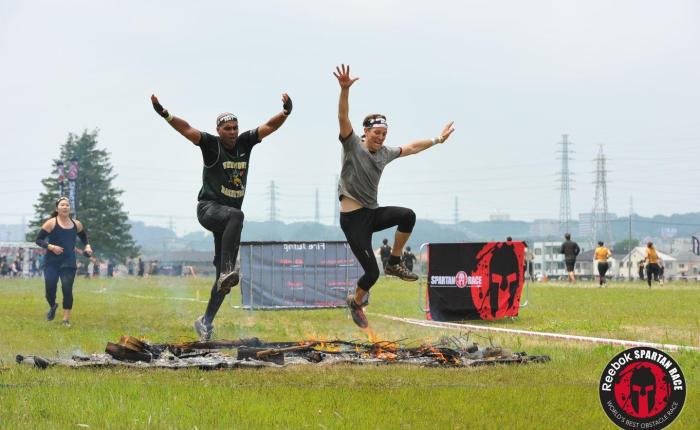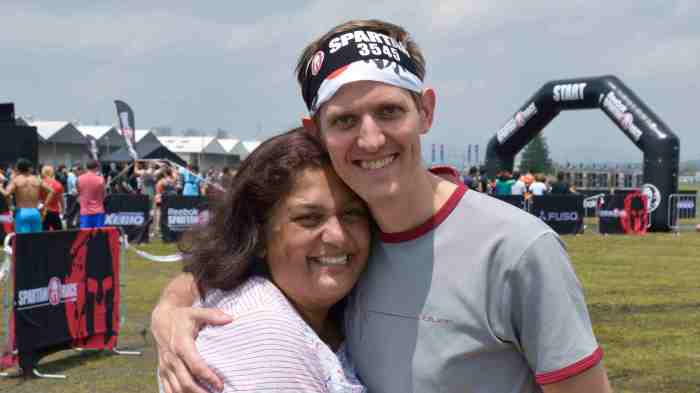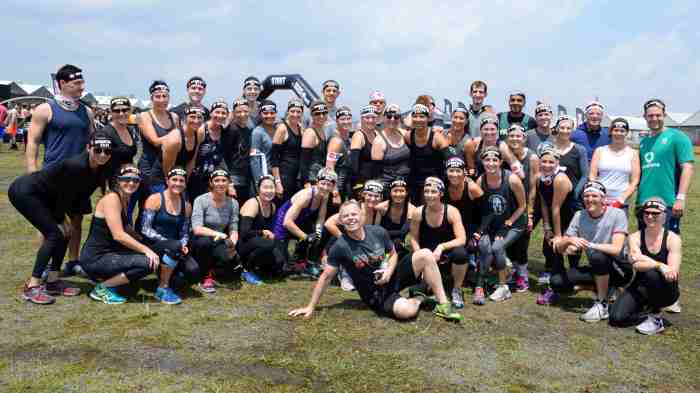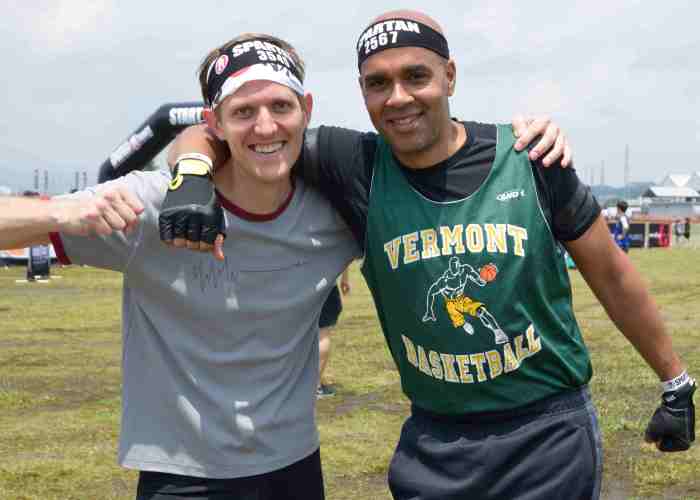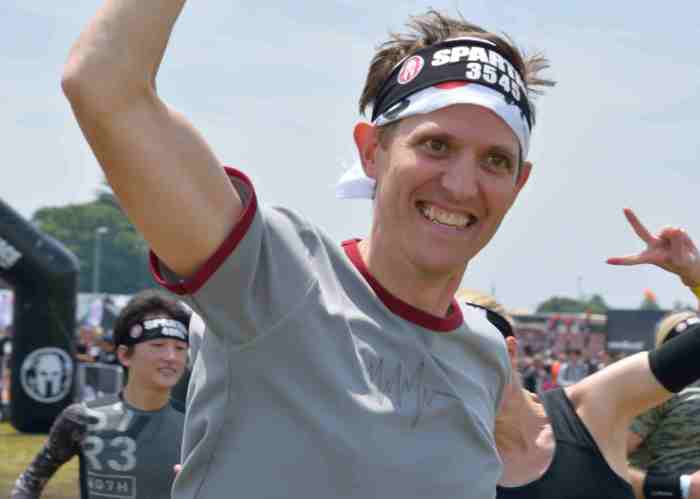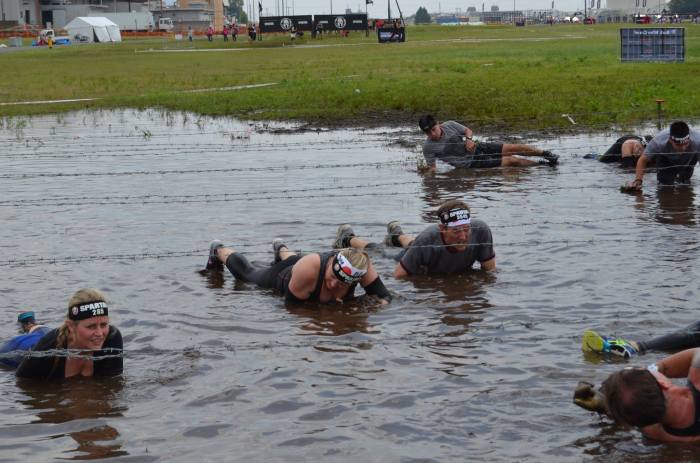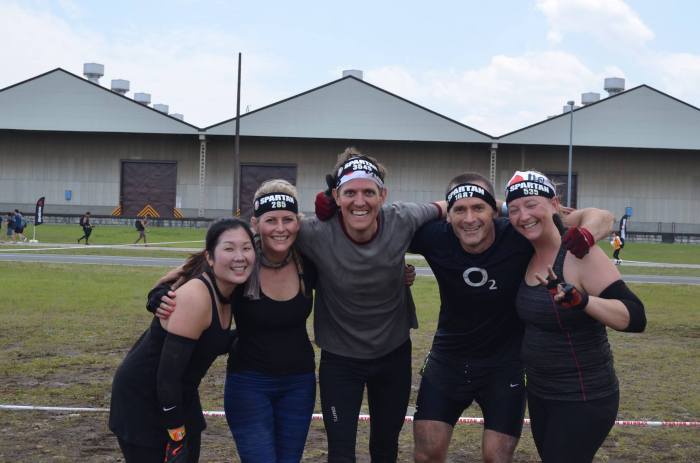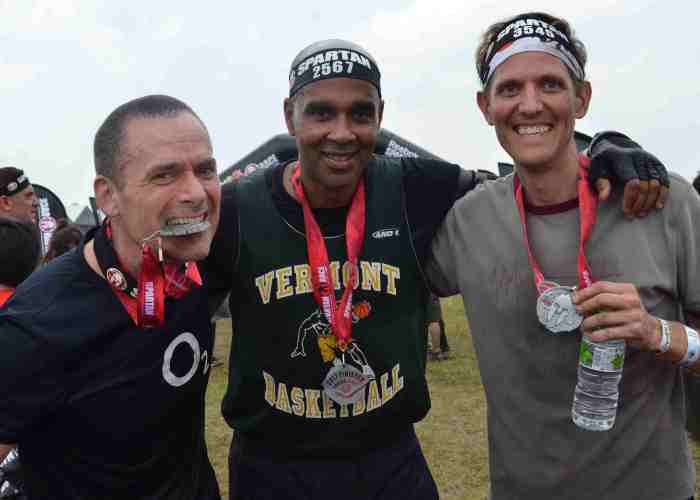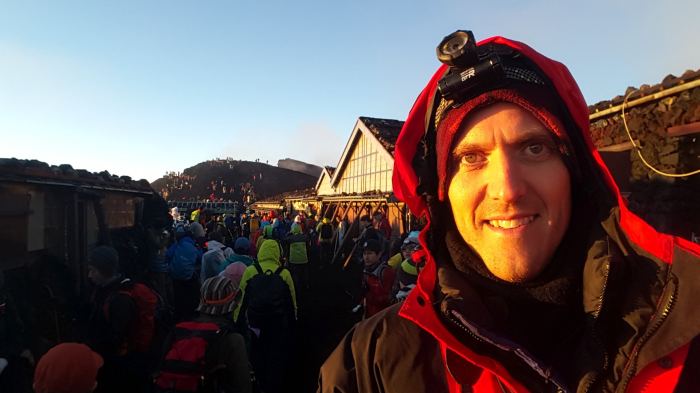The mind is a curious and wonderful thing. It is made up of neural pathways and lots of other stuff that I’ve not spent the time understanding. All I know is give in energy, rest, and life and it can literally think for itself. At times it is our own private oasis of calm and wonder, at other times it can be a giant disruptive mass causing us much distress. It plays such a crucial part in our health, happiness, and daily well-being that I’m surprised so many of us take it for granted. Why aren’t we spending more of our time cultivating it like we would a hobby, a garden, or whatever else that is important in our lives?
I spend a large part of my time delving into the depths of my mind. This is despite the fact that I am an extreme extrovert. What I find never ceases to amaze me. I find a space willing to discover new secrets, a space able to exert sub-conscious control over my body, and conversely a space able to be affected by my body’s posture.
At times I find that it holds limitless capacity to hold new information for me. It can learn, adapt, and retain information in a way I cannot understand, but do appreciate. At other times I feel that it doesn’t even try to learn.
I’m thinking specifically about words. My brain really doesn’t like learning new words.
Sure, I can speak 3 languages, but I had to force my brain to learn each and every one of them – English included. 🙂 It just wasn’t interested. Give it a problem to solve, a pattern to find, or some diagnostics to do and it’ll jump at the task. But ask it to learn some new words and it simply puts up barriers. I have to make it realise that I really want to learn a new word before it does. Think if you will of the “Little Britain” comedy sketch “Computer says no”. Here a lady puts information into a computer, only for it to say no. This is kind of how I feel sometimes: “Brain says no”.
I’ve always visualised that my brain simply lets the new word pass straight through my head – in one ear and out of the other. It certainly doesn’t feel like the word registered anywhere during its journey within my head. I now have another image, however, as we’ve been watching Marvel Avengers. I now picture a Captain America type character sitting inside my brain, ready to deflect any incoming new words. Shielding my brain from the word.
My brain has battled me over the years to keep itself a “words free zone”. I think any dyslexic person would tell you the same. I rather like that about it. Other brains would have given up by now under the near constant onslaught of over a decade of foreign language. But no, not mine, it has stubbornly refused to surrender.
And I wouldn’t want it to.
My brain has an amazing capacity at pulling me forwards through life. It has this ability to make things happen when I don’t belief that they would. When I set my sights on something, my brain finds out a way to make it happen.
My brain has allowed me to live in 5 different countries, and work in seven.
My brain has found me most interesting and stimulating careers.
Once before, while I was growing up in England, I forced my brain to be something it wasn’t. The school system back then just was not geared up for different types of brains. The only way to progress through school was to conform. As the years went by and I got further through my school career so the more I forced my brain to work as required. I didn’t realise it at the time – I just wanted to succeed.
What I didn’t know, however, was that I was slowly limiting my brains overall capacity. It was like I was putting constraints in place so that it couldn’t run at full functionality. The further I went through school and university, the more successful I became at studying, the more constraints I applied to my brain. I graduated from university with a first-class masters of engineering degree – the highest level I could have attained. But I graduated with a severely constrained brain – I had barely no creativity left.
For me to be successful in the real world I had to remove these constraints. I had to learn more about my brain and understand how it worked. I had to get my creativity back.
Over the first five years of work I worked hard to reset my brain back to the way it works best. I had to let it run itself – and I’m glad I did.


